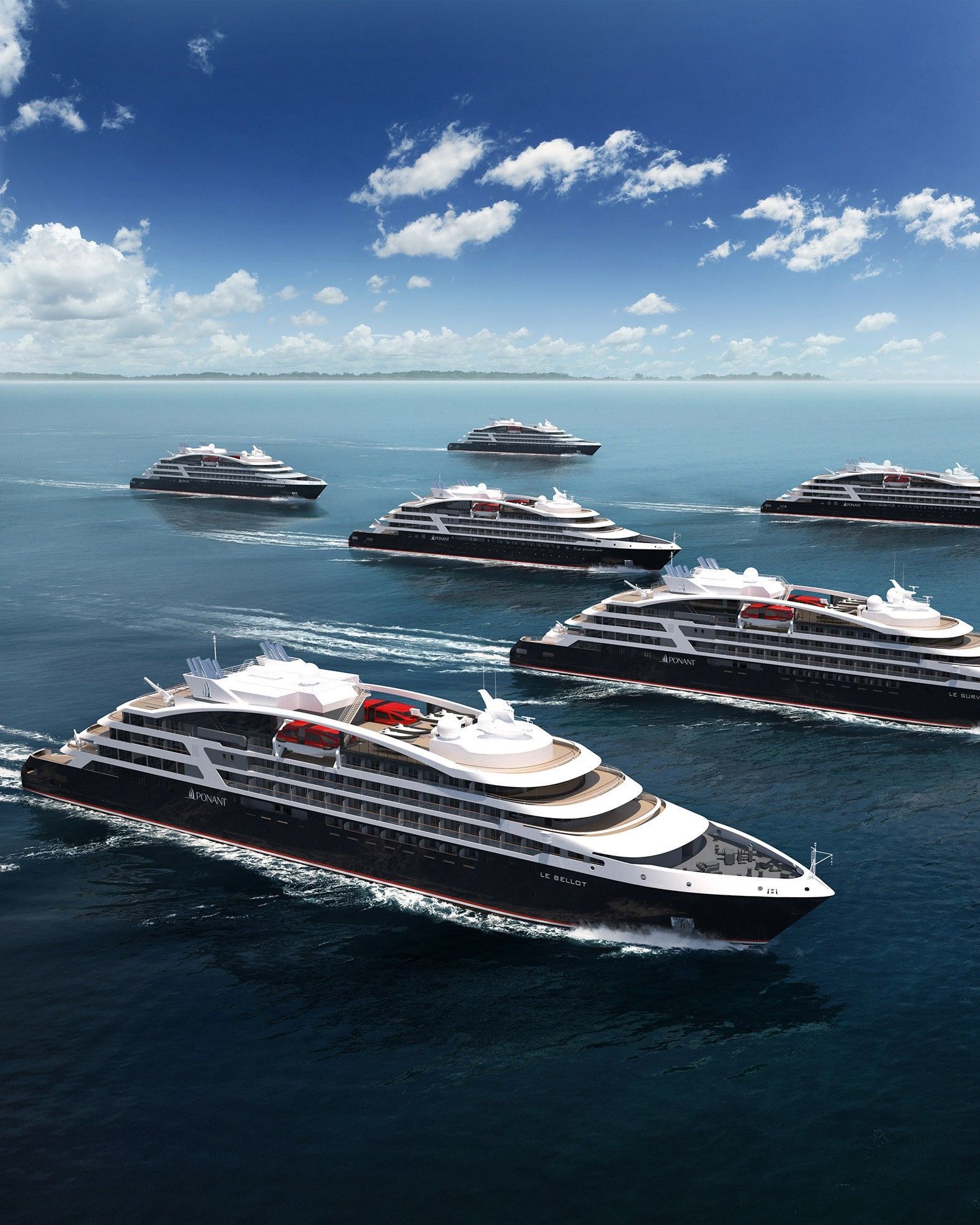
For its latest acquisition, Kering paid 3.5 billion euros A hefty check to win one of the world's best-selling perfumes
Kering is expanding into the beauty sector, perhaps one of the most fertile territories for enhancing existing businesses and building new ones in the luxury world. To do so, Pinault's group had acquired Creed last month but without revealing how much it had paid so as not to give clues to the press and public about how high the historic cologne maker's profit margins were. Kering, according to the Financial Times, had in fact paid 3.5 billion euros to acquire the brand, which, again according to the newspaper, «had sales of more than €250mn in the year to the end of March. Two people said Creed’s earnings before interest, tax, depreciation and amortisation were about €150mn, giving it margins above 50 per cent. That equates to an ebitda multiple for the acquisition of about 23 times, which analysts said reflected Creed’s brand strength and the scarcity of targets available in the high-end beauty industry».
Why did Kering acquire Creed?
The price of the acquisition seems very exorbitant, it is true, but there are two thoughts to make: the first is that Creed is a very strong and very popular brand in its own sphere that could conceivably begin to expand into women's beauty and perfumery based on solid brand perception as well as a logistically efficient network of stores and distributors; the second is that if Pinault is willing to pay such a high price for a perfumery brand it means that it is the fragrance and cosmetics industry that generates money - or at any rate, generates more of it than fashion. Specifically, the year that ended has shown that resting one's growth entirely on the ups and downs of fashion brands' reputation is not the best of strategies-LVMH can afford it because, in fact, it has such a differentiated brand portfolio across so many sectors that it is decidedly more unsinkable. This is without mentioning that the fashion and leather goods sector is now almost saturated, with all the major players already in the possession of this or that group, which, except in rare cases and at astronomical prices, is never willing to get rid of them.















































